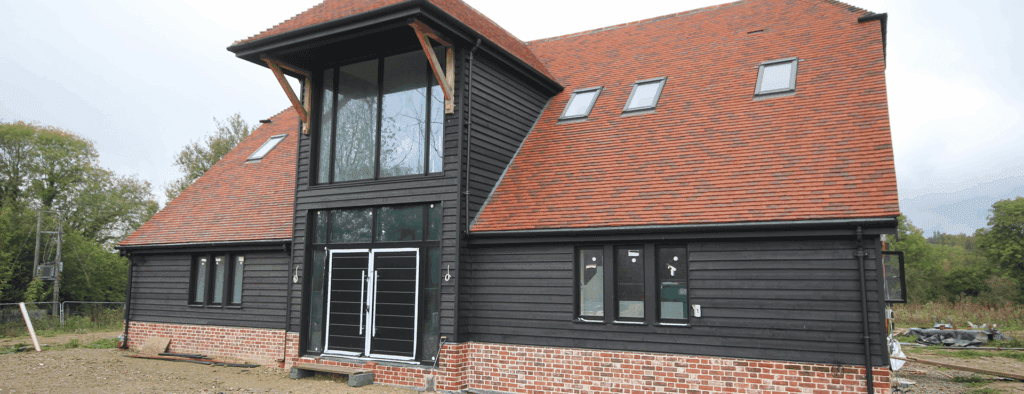According to research by population experts, residents in England and Wales were notably less likely to move home in the first decade of the 2000s than they were in the 1970s.
Based on census data over 40 years, the study paints a picture of people becoming less mobile – both in terms of homeowners and for renters.
Dr Ian Shuttleworth, from Queen’s University Belfast, says there had been a long term “change in behaviour”.
Shuttleworth also said that one big reason for this lack of movement is potentially down to a slowdown in social mobility.
The research – which is part of an international demographic project – has shown that there are at least a million people less that moved house between 2001 and 2011 compared with 1971 and 1981, which has been estimated after changes in population were taken into account.
It also showed that the pattern of people moving up the housing ladder, i.e. going through life with the expectation of moving to more desirable location or either a better or bigger home, was significantly more common in the 1970s and 1980s than it was in the 2000s.
Researchers have also identified that people are more willing to put up longer commutes than they are to move for work.
“People now just move less than they did in the 1970s,” says Dr Shuttleworth.
One thing researchers thought was a contributing factor to the big drop in moving home, is possibly due to an ageing population, as it’s less likely for older people to move house.
However, this would only account for a third of the change, and it was notable that there is a smilier pattern emerging across all the other age groups.
According to Shuttleworth, this is something that reflects a deeper social change, such is the intensity of the decline in numbers of people moving location and changing address.
Back in the 1970s, around 55% of people had opted to move address over the course of a decade, however, come the 2000s, that had dropped 10% to 45%.
The reduction in moving elsewhere applied to those unemployed and those in work, as well as those who are privately renting and home owners, and those in social housing.
It seemed that local moves in particular were affected, as where people may have been inclined to move a few miles, it now seems that people are less likely to now make aspirational upward moves in their local areas, or as they grow older, downsize.












